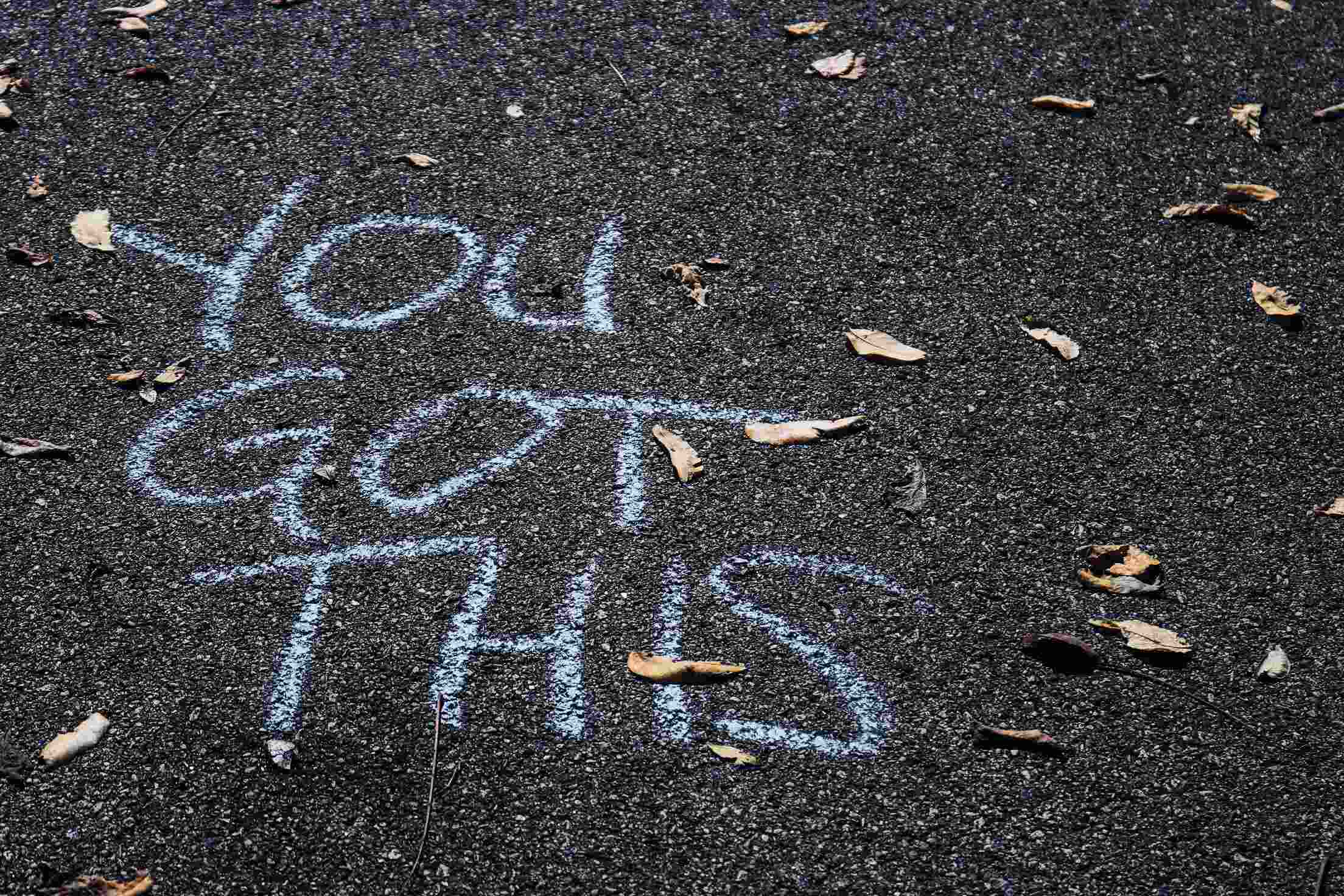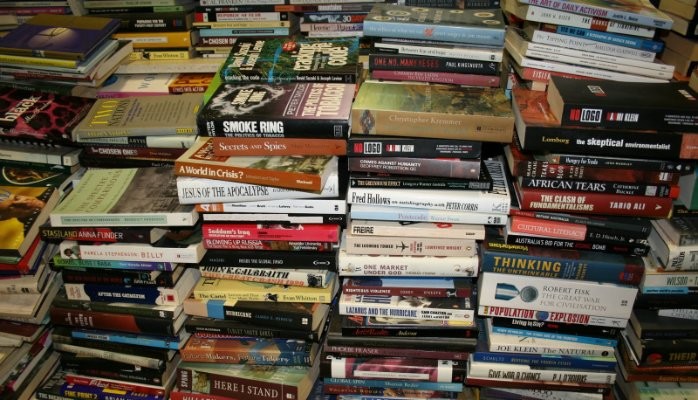Table of Contents
- The Paradox Of Reading
- Shifts in thinking
- A Costly Mistake
After completing high school, I thought I should read self-help books to upgrade my life. So I started reading an awful lot of books. Day in, and day out.
For the next four years, I consumed books whenever it was possible. This meant reading in the college bus, on train, at relatives’ home, and sometimes even in the restroom (which I’m a bit embarrassed to admit).
I always carried a book or two with me.
Over time, reading became something of an obsession.
I was fixated blindly on the assumption that reading more books equals more knowledge and therefore a better future.
Four years in, something felt amiss.
It turned out that reading books wasn’t helping me in any way except for the few fancy words I looked up every now and then.
Not only was I unable to recall what I had read just six months ago, but also found myself hardly applying any of the philosophies or techniques I read.
And more importantly, my behavioural patterns or habits hardly changed for the better.
Okay, wait. …what? What in the world am I even reading these books for?
To understand things clearly, I decided to take a step back from this reading loop.
I tried to find out what I might be doing wrong.
Majority of the productivity YouTube channels and blogs I resorted to stressed more on taking notes and using different colour pens to get the most out of a book.
Eh. Different colour pens? That sounded extreme. To me, at least.
But I wasn’t too lazy either. I’d always highlighted sentences and annotated points I found to be profound. I also jotted down notes in a notebook dedicated only for that purpose (it wasn’t too religious, however).
So there you have it. Book notes or annotations weren’t ultimately the reasons.
Then what could possibly be the reason? I can’t afford to read bazillions of books just to fill my bookshelf without remembering anything. Collecting books isn’t my hobby.
After wandering for many months in an attempt to find the reason, I finally figured something out.
Well, the problem, as it turned out, lay in reading the books once. I mean: only once.
The Paradox of Reading
Please allow me to put things in perspective.
Most of us watch movies we love more than once. Every time you rewatch it, you’ll probably notice details that you might have missed previously. Or maybe you will find a particular scene or dialogue from the movie to be making more sense to you this time.
The same goes with reading a book. Whether it’s fiction or nonfiction. Rereading a book gives you new perspectives. In fact, it offers you more perspectives beyond what the author originally means to convey.
It’s more like building a relationship with a friend.
Remember the first time you got to know one of your close friends. Was the rapport between you and them the same as it’s now? Chances are, you may have missed their joke timing or the way they articulated words to mean something because of a poor rapport. But with time, you reach a level where you complete each other’s sentences.
In the same way, the first time you read a book, it probably takes you tens of hundreds of pages to even understand the tone of the writer. And to understand how he explains certain subtle things, it takes you a few tens of pages.
And that’s why, rereading is crucial for better understanding. It makes writings of the book unravel themselves in totally different dimensions to you.
Even more so, your understanding of the book would be so deep that it doesn’t take you as much effort to apply what you’ve read.
It’s for the same reason why many self-help and business genre authors insist their readers on rereading their books. They want the readers to use their books as a workbook, or an instruction manual guide. Not as something to be read once and thrown away over piles of books, and magically wishing the messages to stick forever.
Shifts in Thinking
There’s a quote that reads, “You aren’t the person you were, after completing a book”
This simply means that the way you look at a book after you’ve read it will be quite different from how you saw it before. Because of how the book modifies your thinking.
Just think about the books you read in your late teenage years, or early twenties. Have you considered reading those books again? If you did so, you certainly know how many details and learnings you missed from the books when you read it the first time. Why so?? Why do the books seem to make more sense to you with age?
For one, your thinking has matured with age and experiences you’ve had in life. And at the same time, the other books you read along the years would’ve altered the way you look at things.
Yet, there’s only so much difference between rereading a book after six years and reading it shortly after you’ve just completed it.
It’s true that the latter doesn’t have as much impact as the former. But still, the knowledge you obtained from reading it for the first time certainly helps you look at the book differently, And it’s more likely to affect your life for the better, bigtime.
With all that being said, if you find reading a book to be uninteresting but somehow make it till the last page, and still don’t like it, forget about rereading. Rereading is for books that you really like. It’s for books that you believe would bring about maximum value to your life. And in the case of fiction, the ones that’d entertain you.
A Costly Mistake
Whenever you read a book, you invest the most valuable asset the world could never buy: time. You invest your time on a book with the hopes that it could be of huge value to your life. You spend hundreds and thousands of hours reading them when you could’ve done a number of other things. So failing to read it effectively is too costly a mistake you can ever make.
I don’t argue that rereading is the only way you can read books effectively. This is something almost anybody can practise irrespective of their intellectual capabilities to understand a book better.
If you think you’re too smart enough, maybe you could get the most value out of a book in the very first shot. Or you might already have a secret hack to read a book well, which is great too. Whatever the technique is, the ultimate point here is to avoid the regret of wasting time on a book.
“Wasting time on a book?!?!?” Oh boy, what a paradox!
Until next month,



